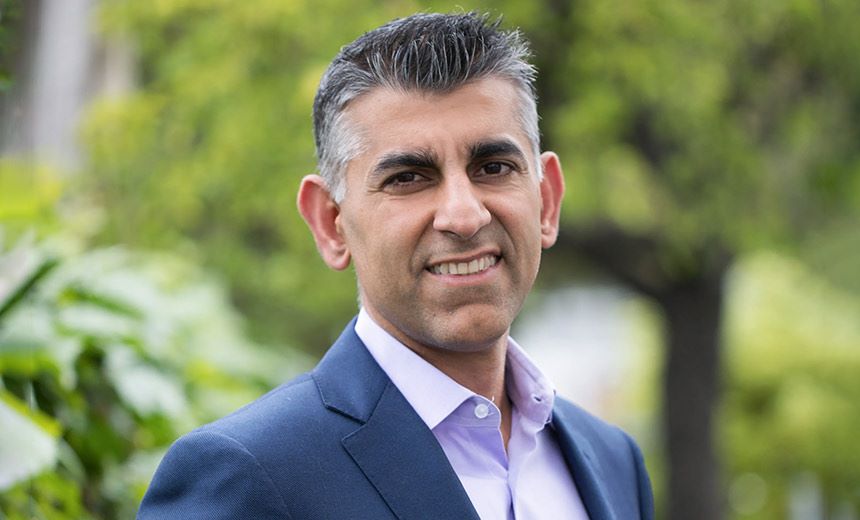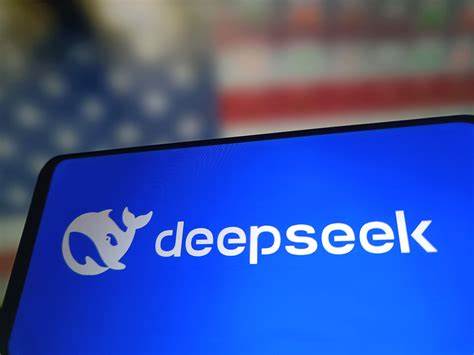Anamika Dey, editor
Brief news
- Proofpoint is exploring mergers and acquisitions of smaller cybersecurity firms and seeking pre-IPO financing to return to public markets by 2026, contingent on market conditions and the 2024 U.S. presidential election.
- The company aims for geographic expansion, particularly in non-English-speaking countries, due to rising cyber threats linked to generative AI.
- Proofpoint, previously public until 2021, plans to differentiate itself with strong market leadership and consistent growth as it prepares for a potential IPO.
Detailed news
LONDON — Proofpoint, a cybersecurity company that is privately held, is considering the possibility of acquiring smaller cyber companies through mergers and acquisitions, as well as obtaining pre-IPO financing from external investors, in order to return to the public markets in 2026, according to CEO Sumit Dhawan, as reported by CNBC.
“We are considering the possibility of investigating public markets within the next 12 to 18 months,” stated Dhawan, who assumed the role of Proofpoint’s new CEO in 2022, one year following the company’s acquisition by private equity firm Thoma Bravo.
Dhawan added that the timetable of Proofpoint’s IPO would continue to be contingent upon the outcome of the 2024 U.S. presidential election and general market conditions.
Proofpoint’s management has been encouraging the company to explore strategic opportunities, including mergers and acquisitions of smaller cybersecurity firms, in order to promote industry consolidation, following Thoma Bravo’s 2021 buyout and Dhawan’s subsequent appointment as CEO.
Dhawan stated that Proofpoint is currently in search of acquisition targets that provide a “strategic fit” for the company at a reasonable price, citing the current abundance of cybersecurity competitors.
In an exclusive interview with CNBC this week, Dhawan stated, “It has occurred in numerous other technology sectors, such as infrastructure and the application platform space. The process involves the development of fewer providers but more comprehensive platforms, which inevitably leads to consolidation.”
“At present, there are approximately 2,000 non-profit cybersecurity companies that are venture-backed. It is evident that they will either be consolidated or may cease to exist.” Because it is impossible for any market to have that many participants. Therefore, it is inevitable.
Dhawan stated that he is currently observing a “bid-ask spread” in the market with respect to cybersecurity opportunities. This implies that target companies are requesting a higher price at the sale than the valuations they are receiving. Nevertheless, he disclosed that he is observing “exceptional prospects” in the marketplace.
Dhawan emphasized that Proofpoint’s geographic expansion is a top priority as it pursues M&A targets. He also mentioned that the company sees significant growth opportunities in non-English-speaking countries such as Japan, South Korea, and the Middle East, where cyber breaches are on the rise as a result of the proliferation of generative AI.
According to data provided by Proofpoint to CNBC, the number of business email compromise attacks increased by 35% in Japan, 31% in South Korea, and 29% in the United Arab Emirates. According to Dhawan, this is occurring as a result of the ease with which hackers are able to customize emails in multiple languages caused by generative AI.
The transition from private to public
Proofpoint, which was established in 2002 in Silicon Valley, develops technology that assists organizations in safeguarding against phishing attacks and other intrusions on a variety of platforms, such as the cloud, mobile devices, social media, and email addresses.
The company is in competition with Palo Alto Networks, CrowdStrike, and Fortinet, all of which have experienced significant share price increases in the past year. The company CrowdStrike, which was responsible for a global IT disruption this year as a result of a software issue, has experienced a 65% increase in revenue year over year.
Shares of Palo Alto Networks and Fortinet have increased by 44% and 32%, respectively, during the same period.
Proofpoint was publicly traded in the United States in 2012; however, it was delisted in 2021 after Thoma Bravo acquired the company in a $12.3 billion transaction. A deceleration in revenue growth prompted investor concerns, which led to the acquisition.
Proofpoint is currently seeking to access the public markets once more.
“We are somewhat distinct from the typical companies that are filing for an IPO,” Dhawan stated. “They are typically smaller.” They typically exhibit a significantly distinct profile. They are not in a position to readily consolidate, and they tend to have uncertainty regarding profitability.
This would not be the first instance of a company that Thoma Bravo has acquired in a private equity acquisition conducting an IPO for a second time. Proofpoint would be taken public. Dynatrace, a cybersecurity firm that Thoma Bravo acquired in 2014, relisted in New York in 2019.
Dhawan informed CNBC that Proofpoint will undergo “multiple rounds” of financing in order to increase the company’s ownership by other private equity investors. He also mentioned that private placements, which involve the sale of shares to pre-selected investors rather than the general public, are among the options being considered.
Dhawan stated, “We are on the brink of initiating the fundraising process from investors other than our private equity owners.” Nevertheless, he emphasized that the organization has not yet initiated this procedure.
Proofpoint’s CEO expressed his aspiration that his organization will distinguish itself from other cybersecurity and technology companies that are pursuing an IPO. He believes that a strong leadership position in the market, double-digit growth, and a well-balanced approach to development and profitability will provide this distinction.
Source : CNBC News




